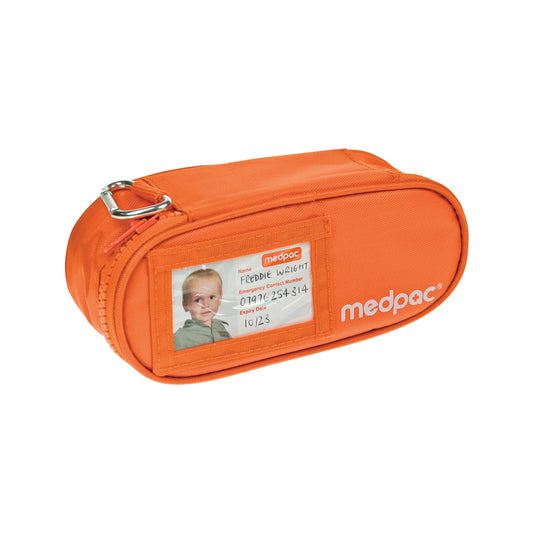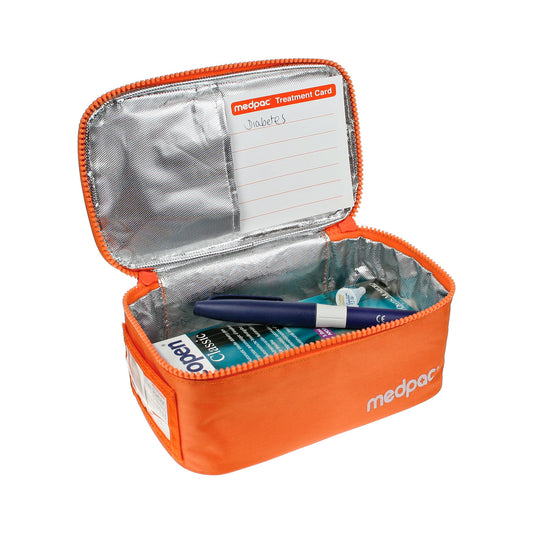Epilepsy diagnosis' in children
It is said that one in every 240 British children under the age of 16 will be face a diagnosis of epilepsy. The age of their diagnosis will often fluctuate. Some will be babies, some will be toddlers and some will be older teenagers. One thing’s for sure, whenever it happens, it will be a shock to you, as parents. Depending on the age of your affected child, it may be a shock to them too.
The diagnosis will normally be given by your child’s neurologist or paediatrician and even if it feels like a relief to have an explanation for the symptoms your child has been exhibiting, it will still take some getting used to for all concerned.
What you can do
In the short term, the best thing to do will be to give yourselves time to come to terms with the illness and work together on how to move forward. You’re not alone on your journey of caring for your epileptic child, so take the time to digest these practical steps for you and your child to take control of the situation.

7 ways for parents to deal with newly diagnosed epileptic children
1. Educate your child in what epilepsy is
It can be a huge benefit to you and your child to educate each other in what epilepsy is.
Your child’s GP or paediatrician should be able to talk to you all discretely and compassionately about the types of epileptic seizures that can occur and what to do in the event of a seizure. The internet is also helpful – Epilepsy Action have created a children’s version of their website to help explain things in terms your child will understand.
2. Reassure your child that the right treatments are out there
Your number-one priority should be to reassure your child that their epilepsy diagnosis is not the end of the world and that they can still lead a normal, happy life. Your child’s GP can work with you to put their mind at ease and demonstrate that the condition can be controlled by a range of different treatments.
3. Research the likely ‘trigger points’ for epileptic seizures
It can also help you to manage your child’s condition by better understanding the possible triggers that can lead to a seizure. For instance, flashing lights aren’t as common a trigger as you may think. In fact, tiredness tends to be a more frequent trigger!
4. Keep a close eye on your child’s behaviour
It’s understandable that your child may exhibit signs of behavioural issues relating to their diagnosis. With that in mind, consider jotting down notes about your child’s behaviour to see if their GP can spot any patterns linked to their epilepsy.
5. Make your child’s school aware of their new condition
In some cases, children diagnosed with epilepsy can experience learning difficulties due to their condition. It is therefore a good idea to make your child’s school fully aware of the diagnosis both for educational and first aid reasons should a seizure occur at school.
Consider purchasing one of our Medpac Wristbands for your child to wear to alert teachers and their friends that they carry medication with them. A Small Medpac would also be beneficial to store medication ready for an emergency and make notes of their condition on the Treatment Card provided.
6. Consider talking to parents in the same boat
In these testing times, it can be hugely beneficial as a parent to chat with other parents who have gone through or are still going through the same experience. Similarly, it can also be a big help for your child to talk to and socialise with other epileptic children to make them realise that it’s possible to continue leading a normal life.
7. Encourage your child to keep their own epilepsy diary
If your child is old enough to read and write, you could encourage them to keep their own epilepsy diary. This can help them make sense of their feelings about their condition and help them to manage their triggers more effectively.





